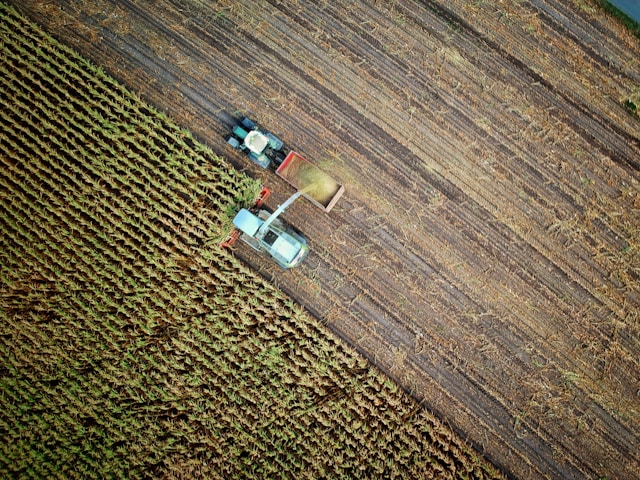How Agricultural Runoff Affects Our Drinking Water
By Finlay Gilkinson – 13/05/2025
Agricultural runoff is a growing concern for communities worldwide, as it poses a significant threat to the quality of our drinking water. When rainwater or irrigation water flows over farmland, it can pick up fertilizers, pesticides, animal waste, and soil, carrying these pollutants into rivers, lakes, and groundwater—sources we rely on for drinking water. This blog explores how agricultural runoff impacts drinking water, its consequences, and what can be done to address the issue.

What Causes Agricultural Runoff?
Modern farming practices, while essential for feeding billions, often contribute to runoff. Here’s how:
These materials flow into streams, rivers, reservoirs, and even underground aquifers, directly affecting the water we drink.
The Impact on Drinking Water
Agricultural runoff compromises drinking water quality in several ways:
These issues not only threaten public health but also increase the cost of water treatment, as utilities must invest in advanced filtration and monitoring systems.
The Ripple Effects
The consequences extend beyond health. Contaminated drinking water can erode public trust in water systems, forcing communities to rely on bottled water, which is costly and environmentally unsustainable. Rural areas, often closer to agricultural activity, are particularly vulnerable, yet urban water supplies are not immune, as pollutants can travel long distances through watersheds.
Solutions to Mitigate Runoff
Addressing agricultural runoff requires collaboration between farmers, policymakers, and communities. Here are some effective strategies:
Public awareness is also key. Supporting local farms that prioritize sustainability and advocating for stronger environmental policies can drive change.
How Agricultural Runoff Affects Drinking Water
Clean drinking water is a fundamental need, yet agricultural runoff threatens this resource daily. By understanding its impacts and supporting solutions, we can protect our water supplies for future generations. Next time you turn on the tap, consider the journey your water has taken—and what we can do to keep it safe.
Ready to find the perfect job?
Our team of experts work with an extensive network of employers. Submit your CV to ensure you’re a part of our network of talented candidates and we’ll make you aware of opportunities before they are even posted.
